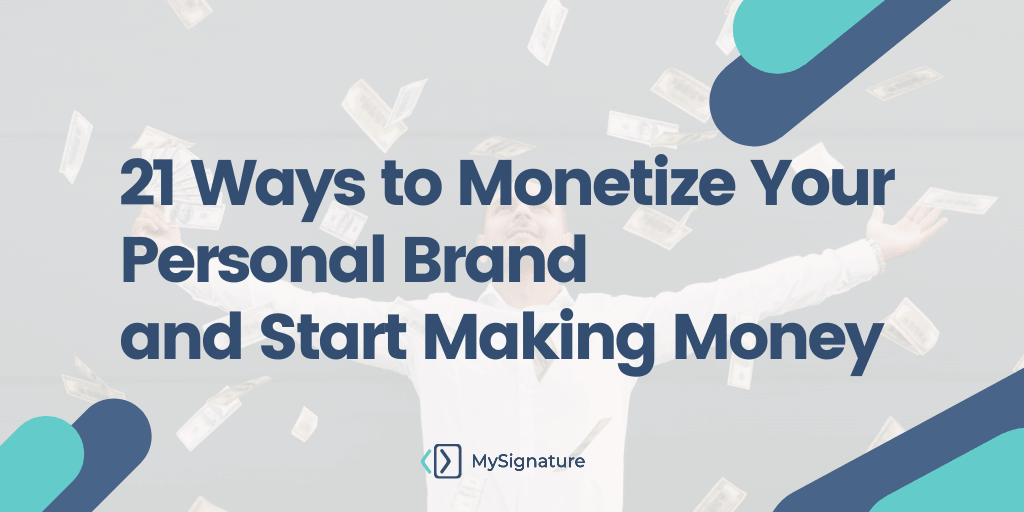Money isn’t everything, but it won’t hurt if you earn some on your personal brand.
So, today we are going to talk about personal branding yet again and about how you can use it to make money.
Despite the fact that many people disrespect the idea of a personal brand, there is enough evidence that a strong personal brand can help an individual land a job, excel in their career very quickly, and even become an influencer in a specific field.
Now, we will walk you through things you can do to make a profit on your personality:
- Create your own online course
- Start a masterclass
- Become a freelancer
- Create paid newsletters
- Offer premium content
- Write guest blog posts
- Do an interview
- Try public speaking
- Organize special events
- Conduct live sessions
- Create a podcast
- Create your own YouTube channel
- Write on Medium
- Become a coach
- Invest in other people’s ideas
- Write an eBook
- Sell checklists and templates
- Create digital or physical products
- Be an affiliate
- Use Google Adsense
1. Create your own online course
If you already have an audience, there is a great option you may have skipped before. It’s putting your expertise in the form of online courses. This is especially relevant these days when all markets shift from physical to digital products.
You can sell these online courses to your own audience on social media platforms, or you can try a public marketplace like Udemy or Skillshare. Although courses on these platforms are not priced highly, some people earn thousands of dollars on their quality content.
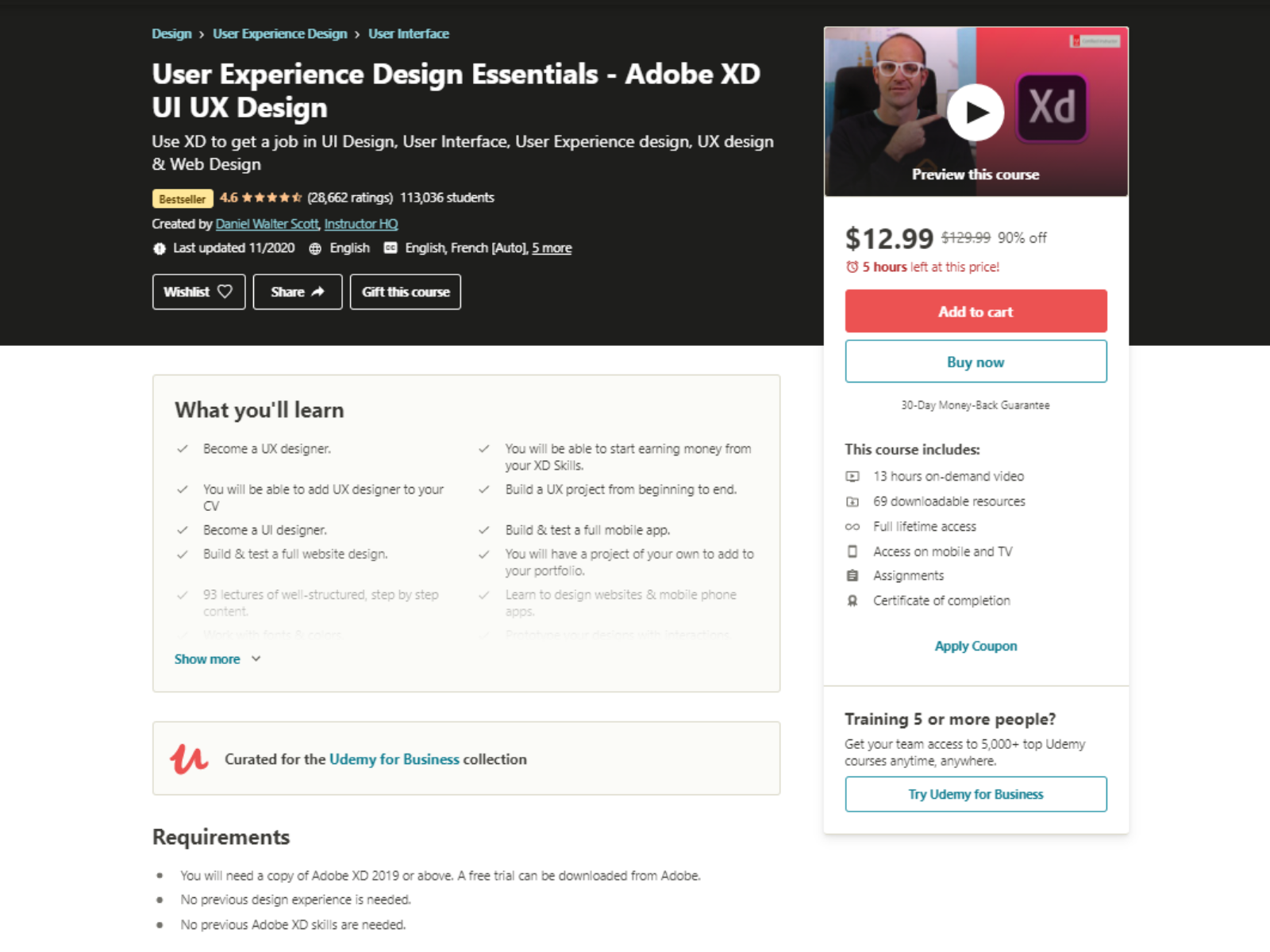
source: Udemy
2. Start a masterclass
You can also consider hosting a one-time event (lesson) for experts, taught by an expert. Thousands of people prefer masterclasses over long-term courses because they are short yet intensive. This ensures a relatively easy commitment that delivers great results.
You can also have both an online course and periodical master classes. For instance, if your online course is about copywriting, then your class can be devoted to writing attractive headlines.
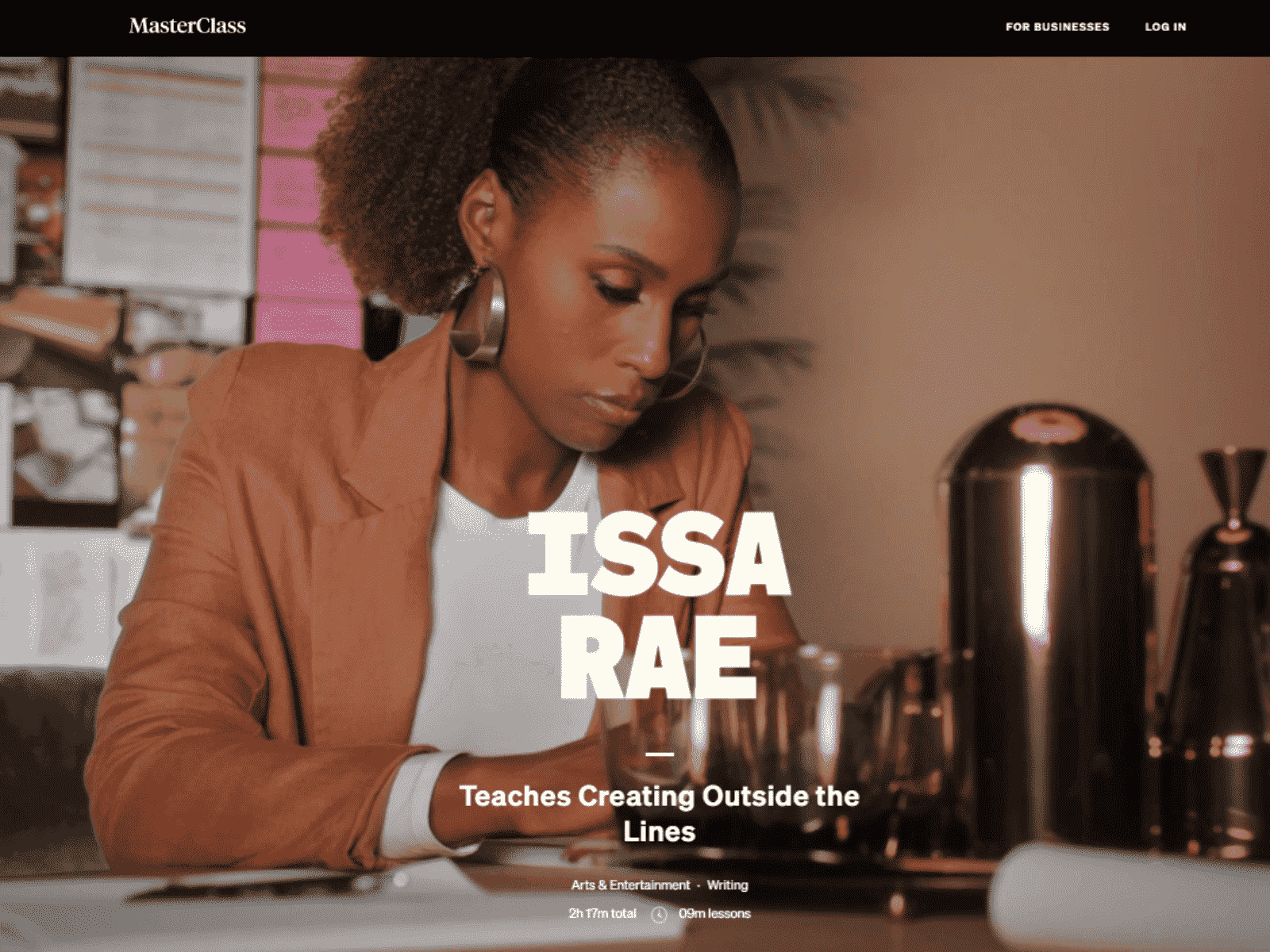
source: Masterclass
3. Become a freelancer
You can always become a freelancer and earn by finding gigs. However, every freelancer needs a personal brand. The latter one can increase credibility to your persona and help you start coaching on how to be a freelancer.
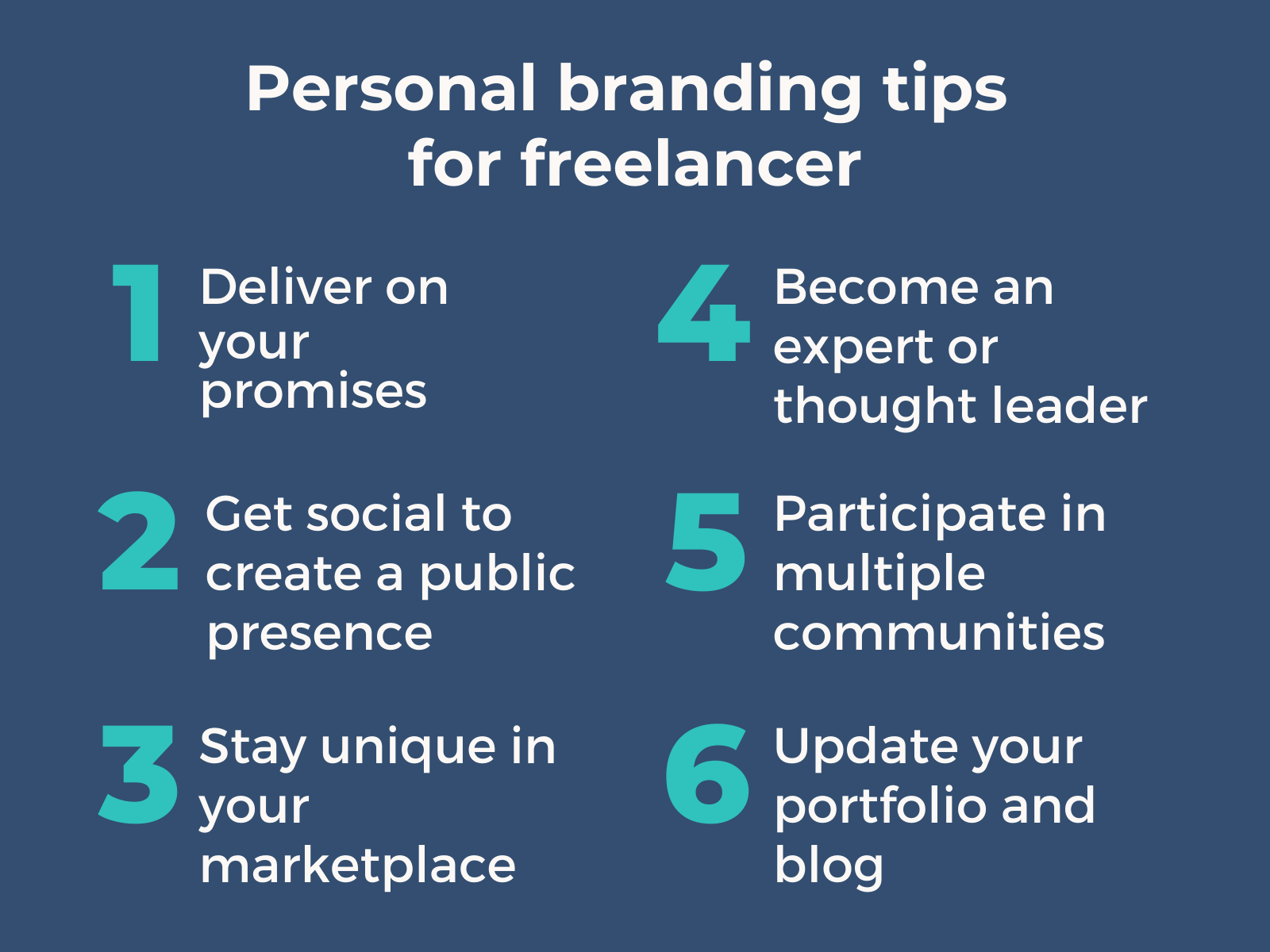
4. Create paid newsletters
People that want to learn from you may be interested in receiving your paid email newsletters. It is a great solution when you don’t have time to create long eBooks or extensive online courses.
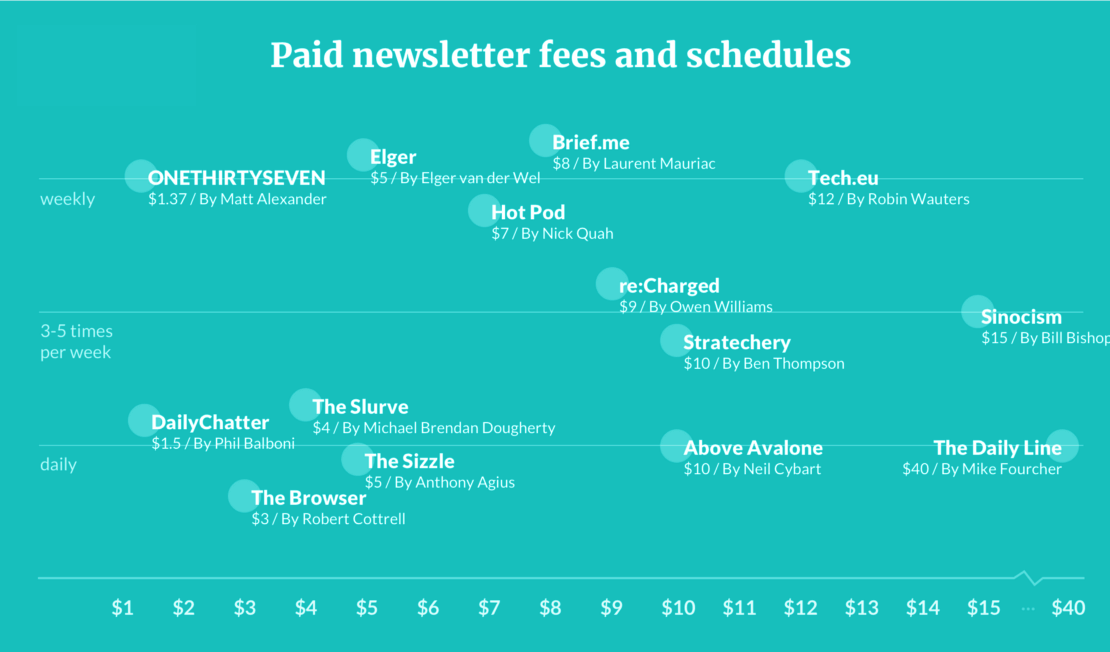
source: Reveu
5. Offer premium content
Create premium content for your subscribers. You can set up a dedicated service on your WordPress website and give access to those supporting your effort with some amount of money. This can be such exclusive content as webinars, blog posts, articles, case studies, video; anything you believe your audience will be willing to pay for.

6. Write guest blog posts
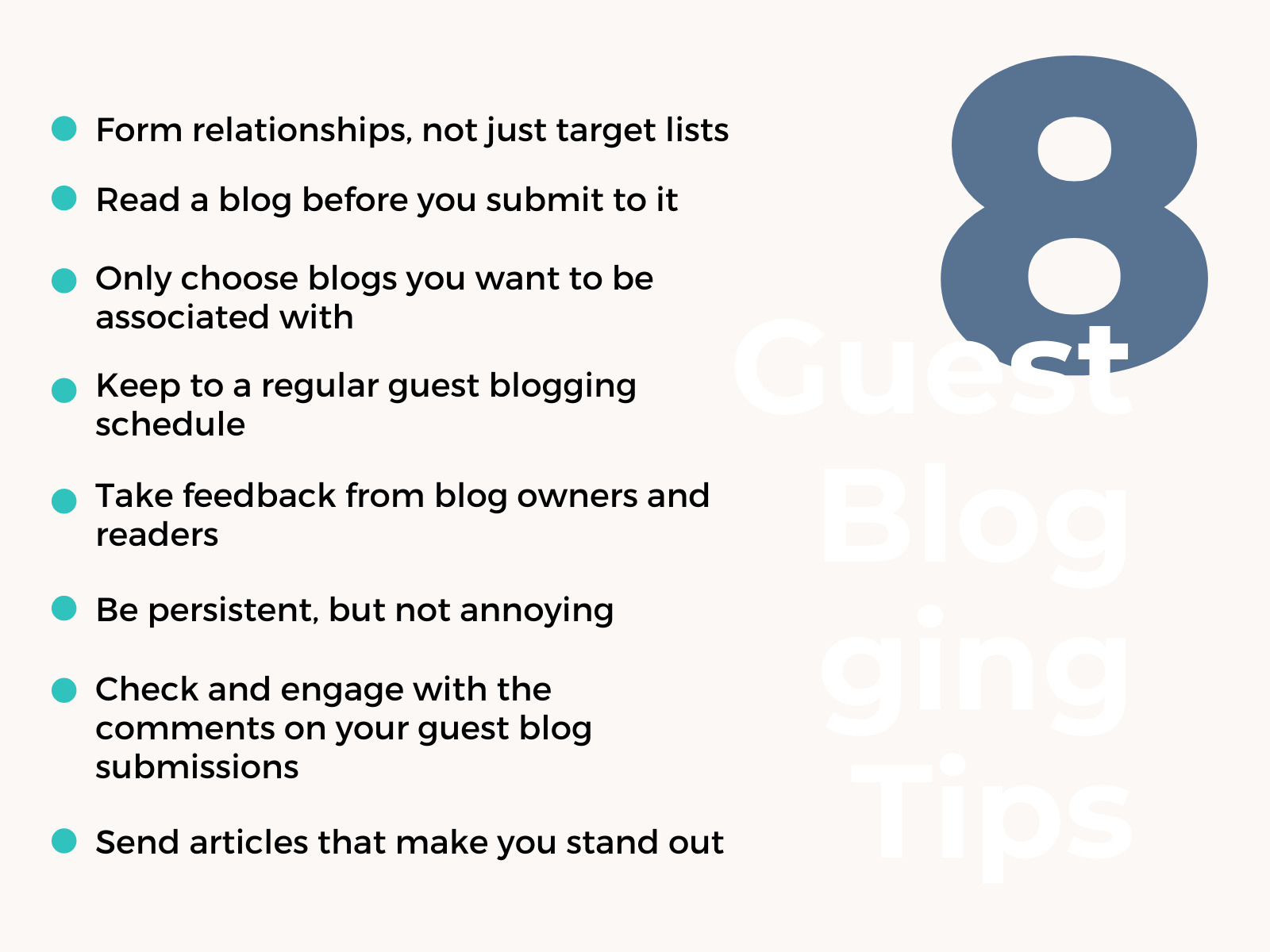
Becoming a guest blogger is the right step towards increasing your credibility and building up your personal brand even more. Look for high-authority websites in your niche that may require additional content. It might not be easy at first, but in the future, you will be able to create a compelling media kit to send out to large companies and smaller businesses you want to cooperate with.
source: KayakMarketing
7. Do an interview
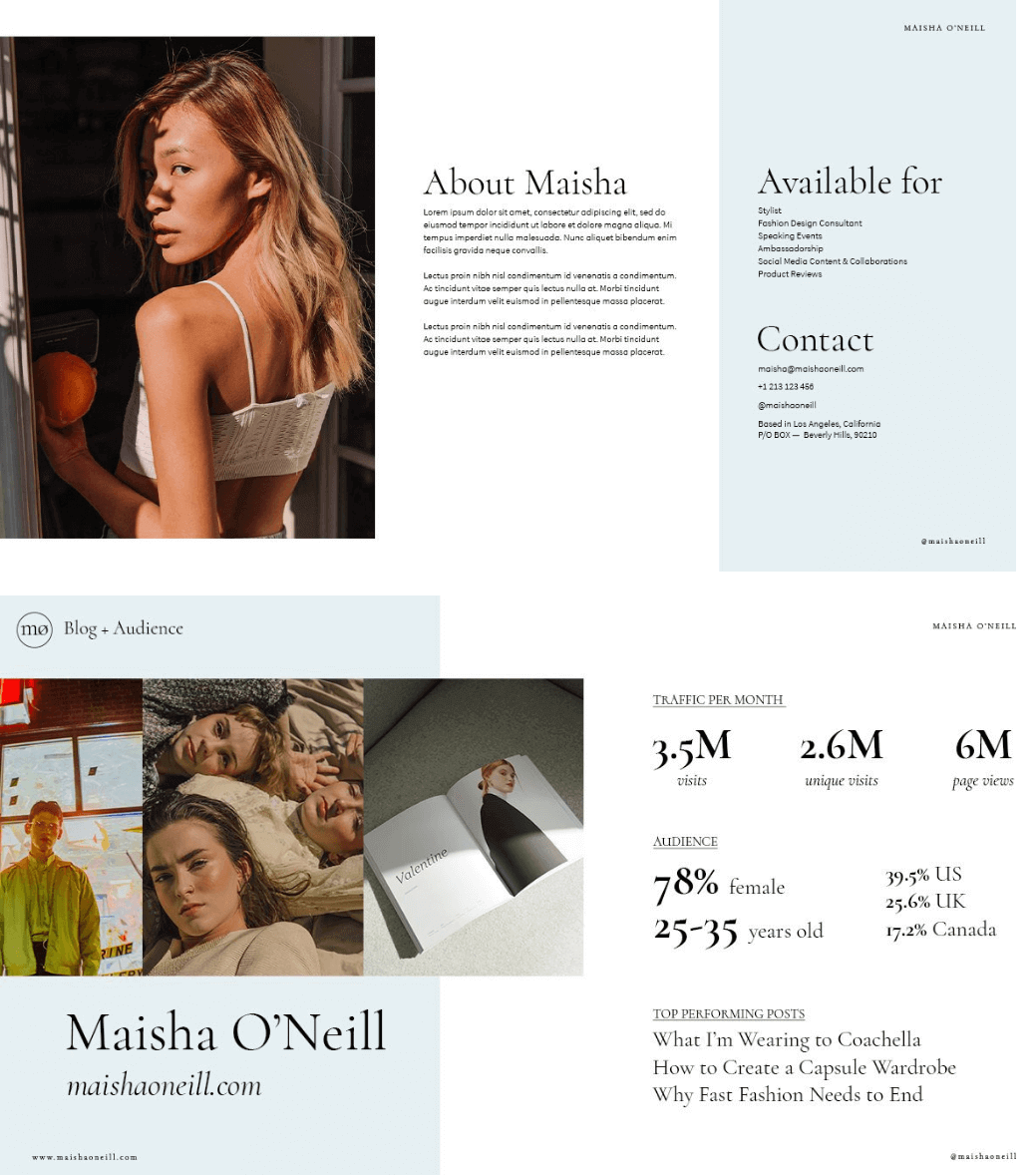
After trying yourself in guest blogging, look for opportunities to get interviewed. This is great for your personal brand growth and your social life in general. No worries, the procedure is very similar to the one described above in the paragraph about guest blogging. To get attention, you need to get in touch with the media in your industry that might be interested in your experience and can do interviews. Apply with your media kit.
source: Later
8. Try public speaking
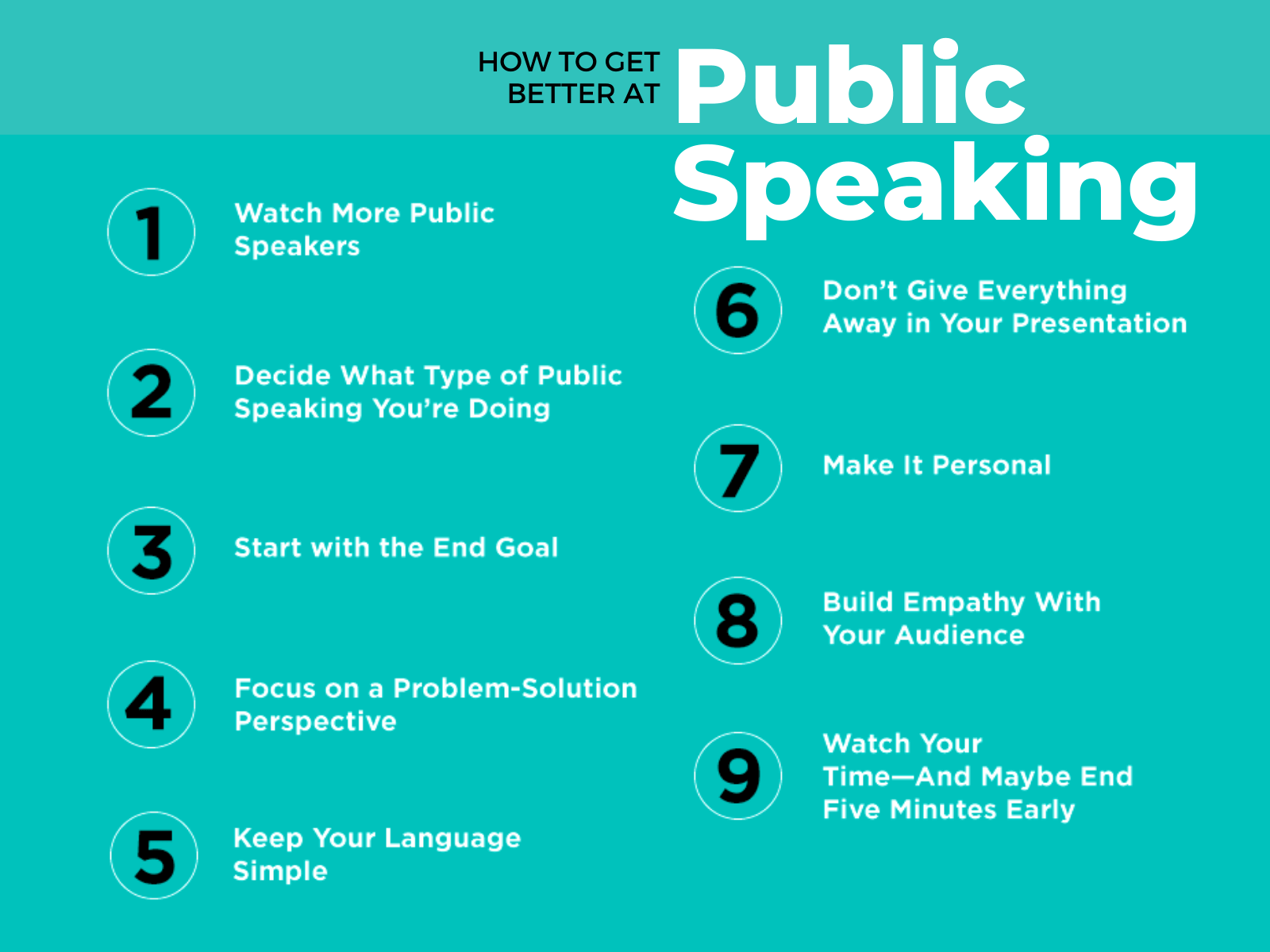
Let’s not forget about public speeches and appearances. Becoming a public speaker is an excellent way to get some confidence, get rid of imposter syndrome, motivate people for growth, and establish leadership in your niche. Just like with guest blogging and interviews, you need to look for conferences and events in your field and then approach an organizer with your media kit.
source: Careercontessa
9. Organize special events
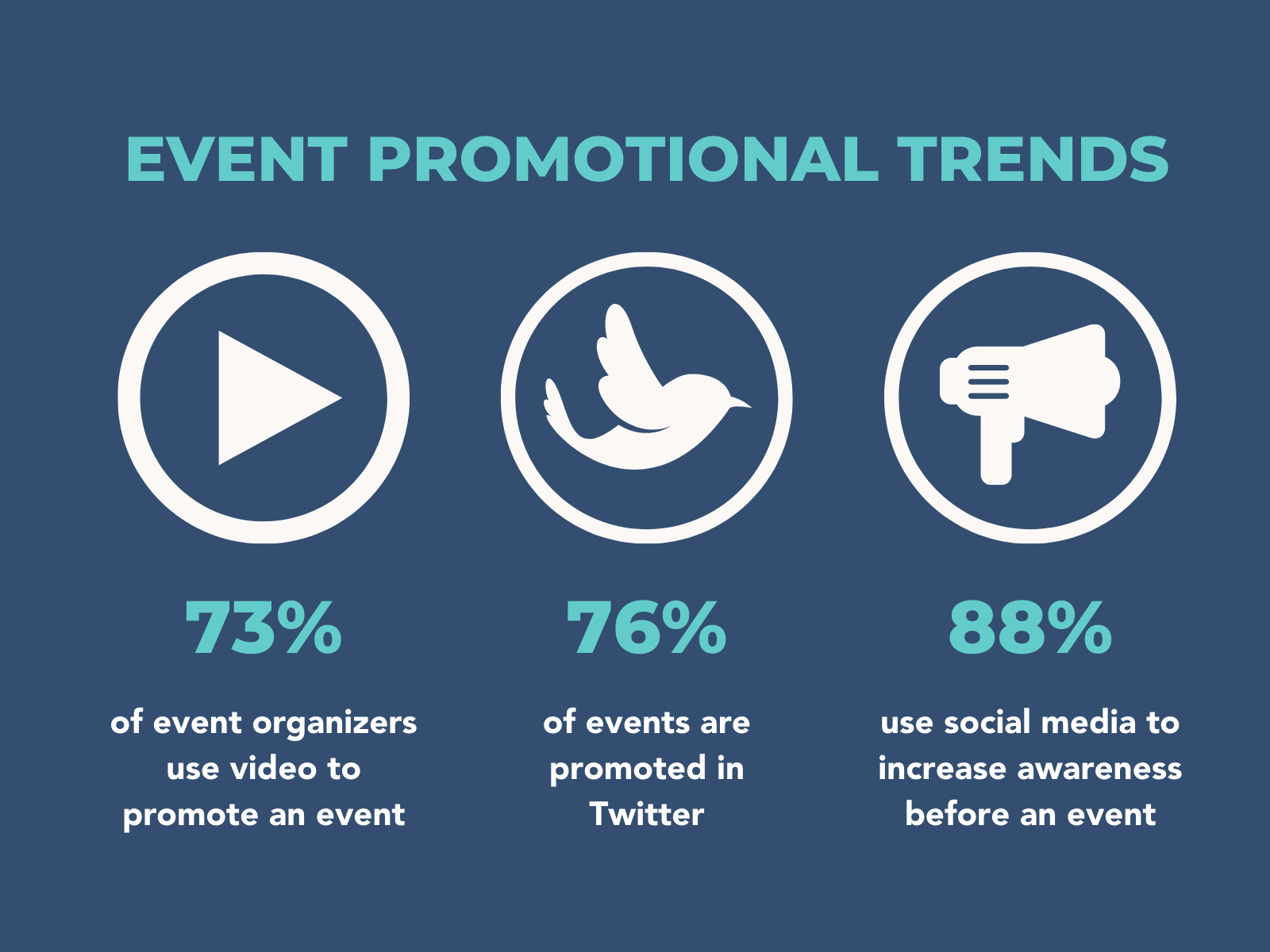
Organizing such events yourself is another monetization idea. Engage complementary organizations/brands and industry leaders so that they share valuable insights and ideas with people. If you see this as a big task, ask your friends to help you.
source: Visme
10. Conduct live sessions
Live streaming on social platforms like YouTube, Instagram, Facebook, Twitter, and LinkedIn will allow you to connect with your customers and leads over the Internet in real-time. During the stream, you can discuss topics that interest your audience the most, answer questions, and sell your digital or physical products/one-on-one coaching sessions at some point.
Video conferencing tools like Zoom or Vimeo Live Stream can be an excellent option for people looking to promote their podcasts, workshops, books, private online communities, masterminds, video courses, meal plans, fitness programs, paid classes, and any other piece of content.
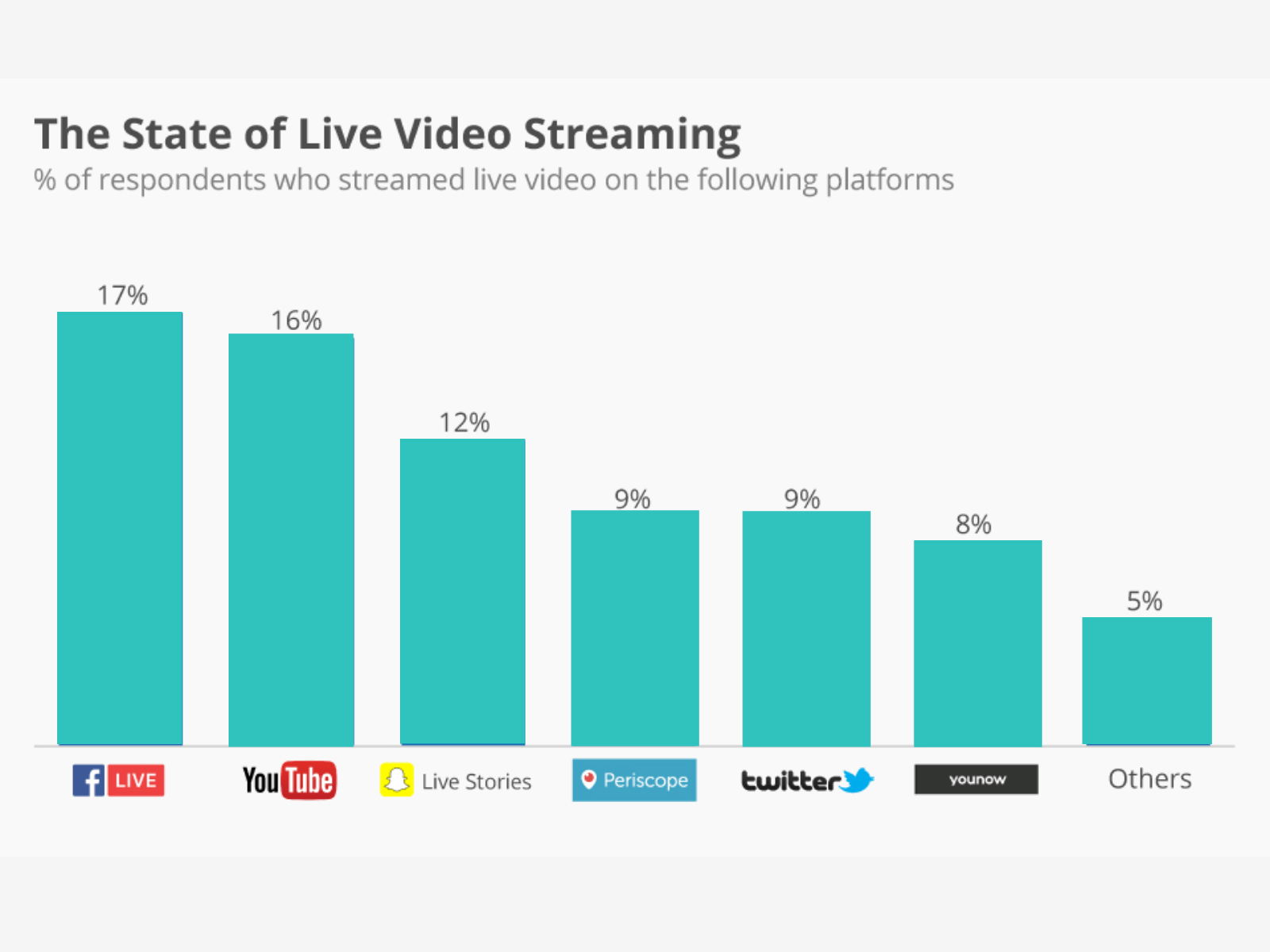
Do such sessions once a week or at least a month to share your expertise & valuable insights, and you will see how quickly you secure trust among viewers.
source: Neil Patel
11. Create a podcast
Think about starting a set of audio episodes (podcast) on a specific topic that an online community formed around you might find interesting. Such podcasts usually combine learning with entertainment as users listen to successful entrepreneurs or other experts discussing a particular topic, like business, art, sports, or travel.
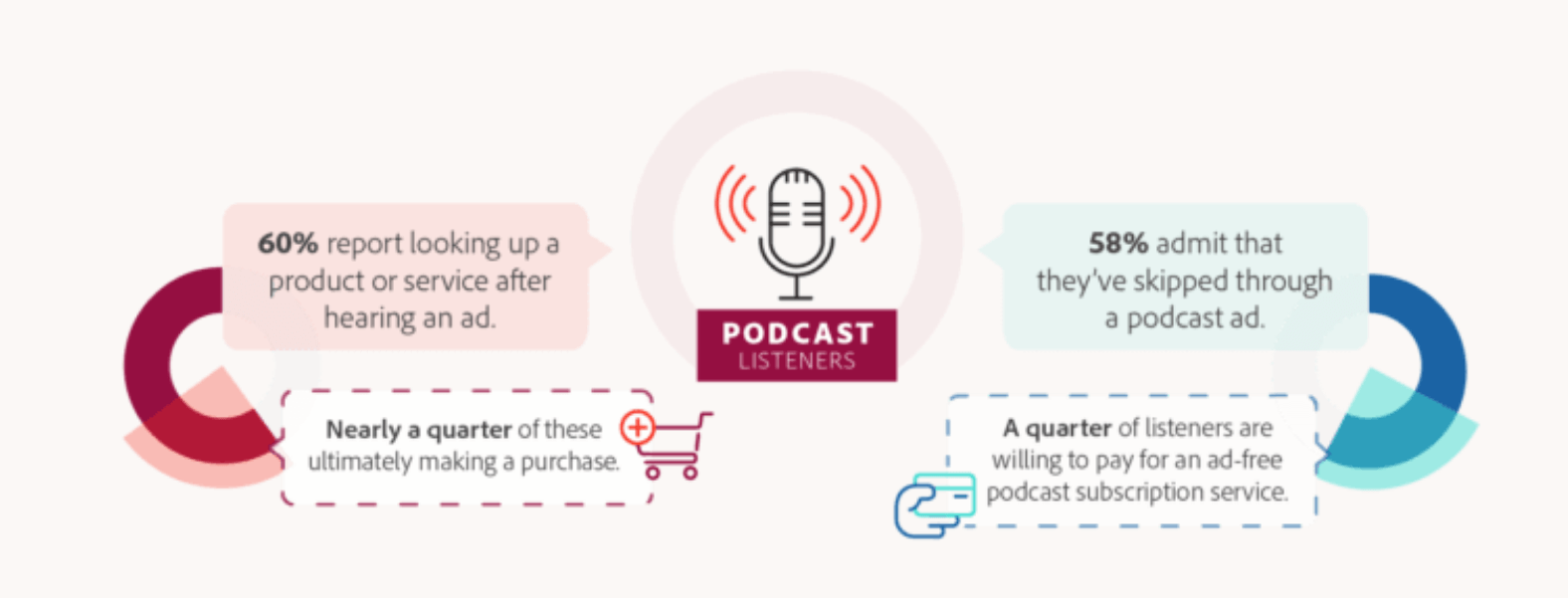
Even if you are not an entrepreneur or founder of a company, you might still consider this monetization strategy. For instance, if you want to leave your current position and compete with employees of a new company, it’s possible that as a result of something like this podcast, employers would look at you in a more favorable light. That’s because you show how knowledgeable you are about the industry, and people follow you and learn from you.
source: Marketingland
12. Create your own YouTube channel

People consume over 500 million hours of video content on YouTube on a daily basis. If you choose to start your own YouTube channel, you can monetize that through ad revenue, sponsorship, and affiliate links. AI transcription can help turn your YouTube videos, webinars, or interviews into blog posts, eBooks, or newsletters for broader monetization. And if don’t know what to film, keep in mind that you can turn your existing blog content into video.
source: GaryVee
13. Write on Medium
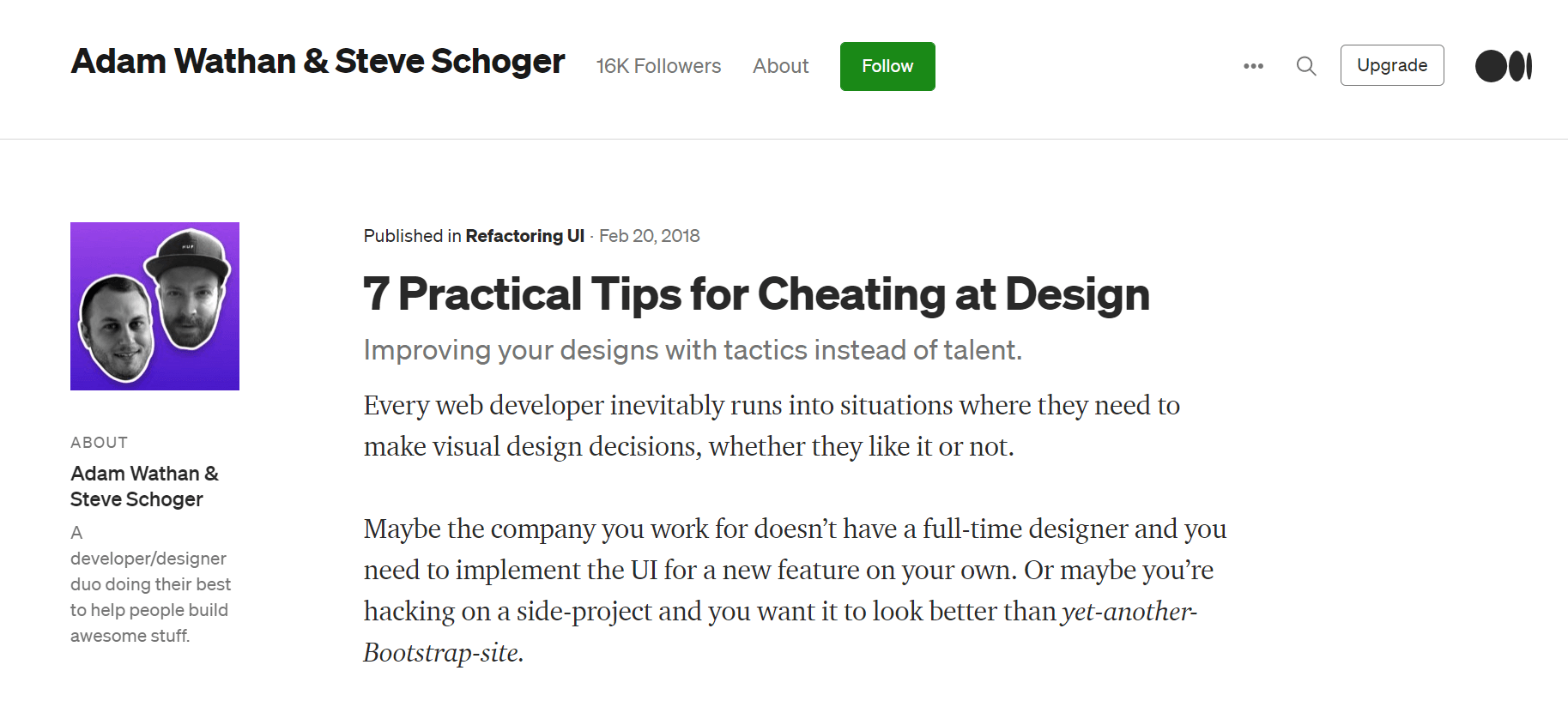
Sources like Medium can help you find your audience and bring more visitors to your personal website or blog on social media platforms. Or you can join the Medium’s Partner Program to get paid for your content.
source: Medium
14. Become a coach
There is a demand for personal tutors and consultants in almost every niche, from technology to fitness. People often prefer to reach goals and make their dreams come true with the help of someone who has already been through the same process. So, if you already have some audience and a strong personal brand, you can build a successful coaching business.
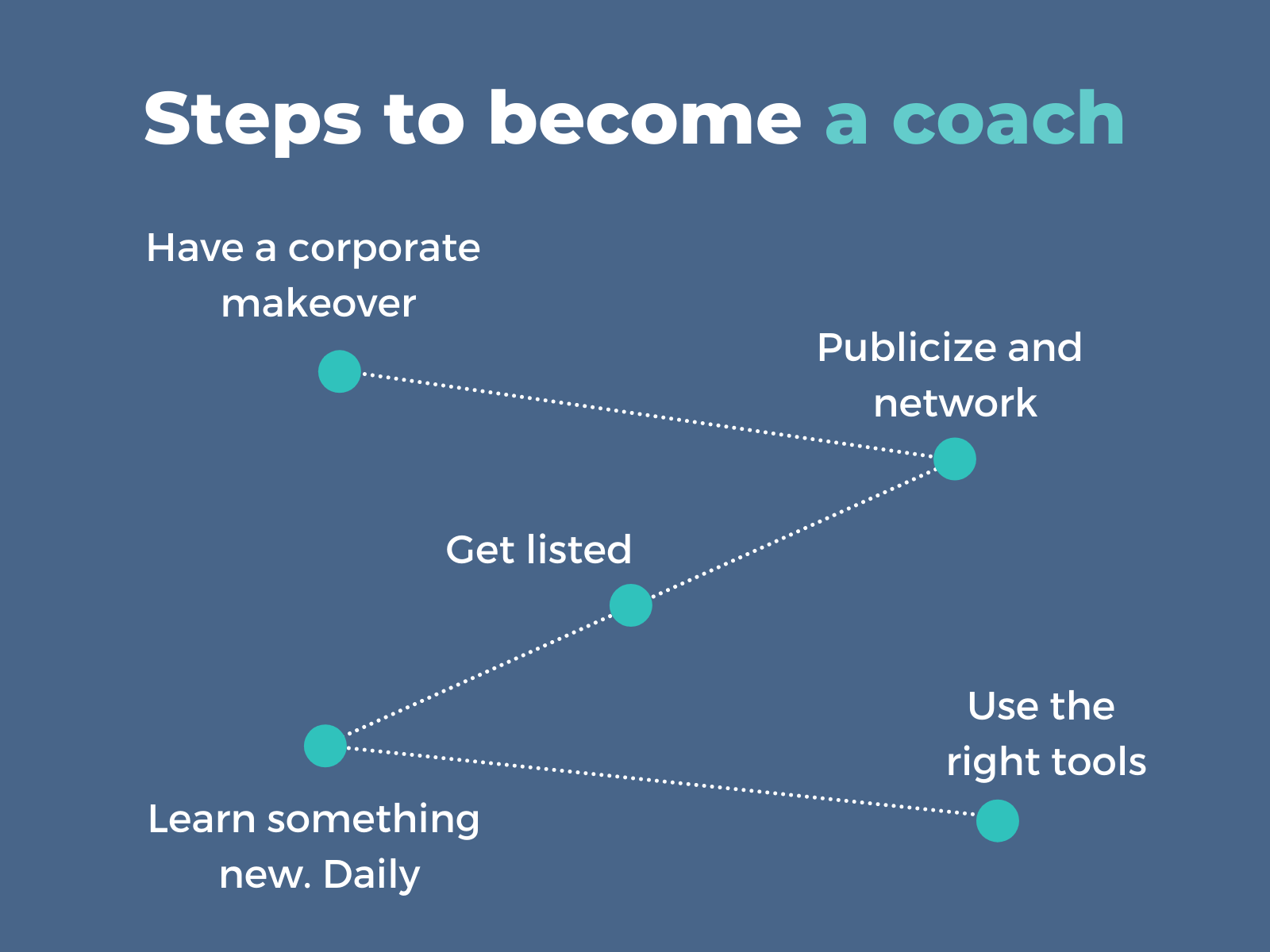
If you do a little research, you will discover people consulting on women in business, dog training, web design, sales, leadership development, digital marketing, shopping, relationships, yoga, etc. It proves that you can become a coach or a consultant in any field you are knowledgeable about.
15. Invest in other people’s ideas
This option would work for those having enough money already. However, investing doesn't necessarily mean millions of dollars.
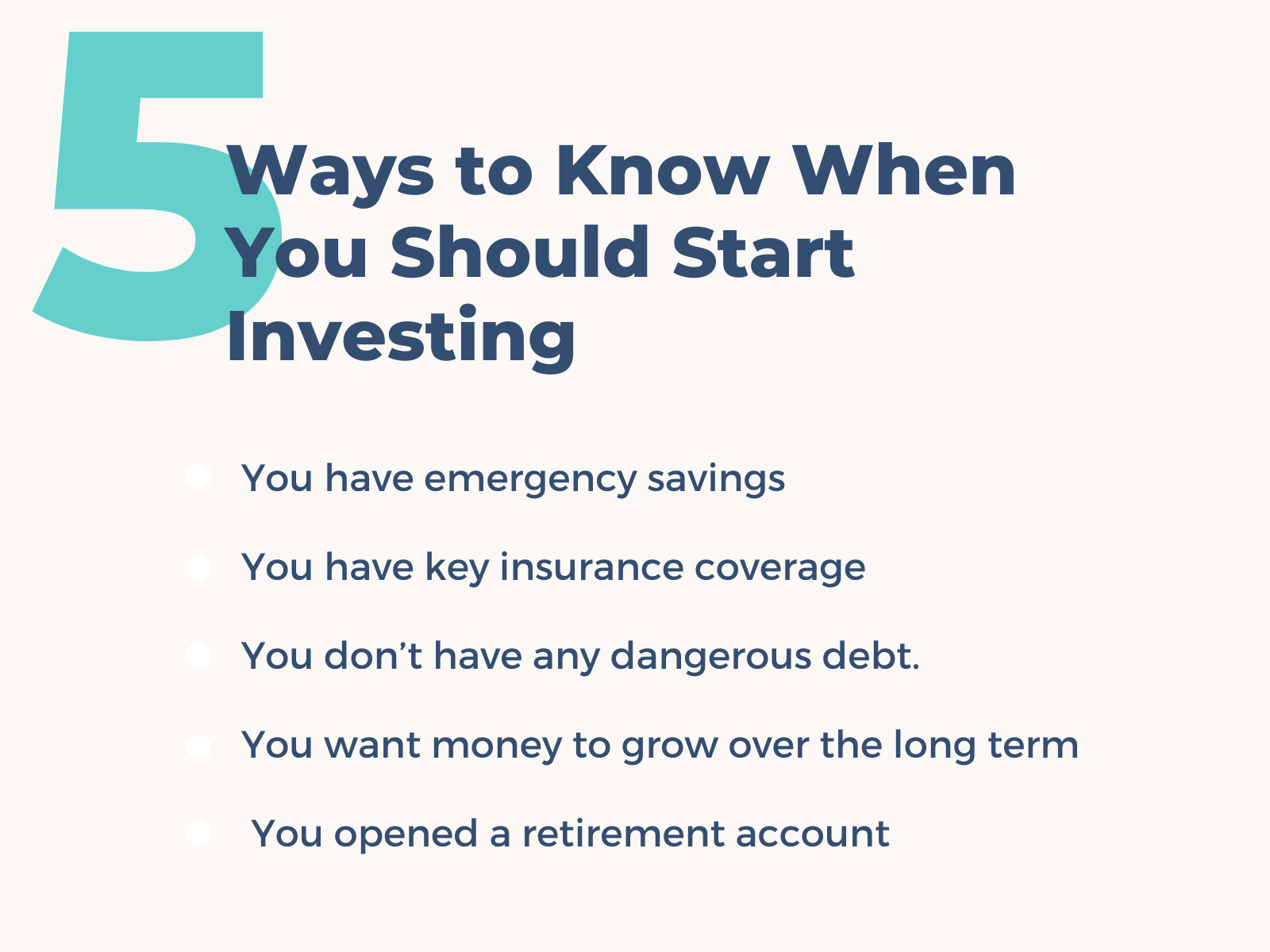
Also, you can find someone who is a great executer yet can’t promote their stuff due to poor marketing communications skills. If you do have a well-rounded personal brand, you can cooperate with someone who has a promising idea but lacks resources for its implementation and promotion.
16. Write an eBook
People always strive to learn and improve. You reading this post right now is a good confirmation of that. Thanks to technology and the Internet, it’s very easy to create and promote your digital products. A lot of people enjoy guides and eBooks because these provide them clear steps and directions. If you already have a blog, you can complete your existing content with details and examples and turn it into a short book.
Many people choose to pay a few bucks for an eBook with clear instructions rather than spend hundreds or even thousands on coaching or try to figure everything out themselves.
A lot of personal brands self-publish their eBooks with Amazon’s Kindle Direct Publishing.
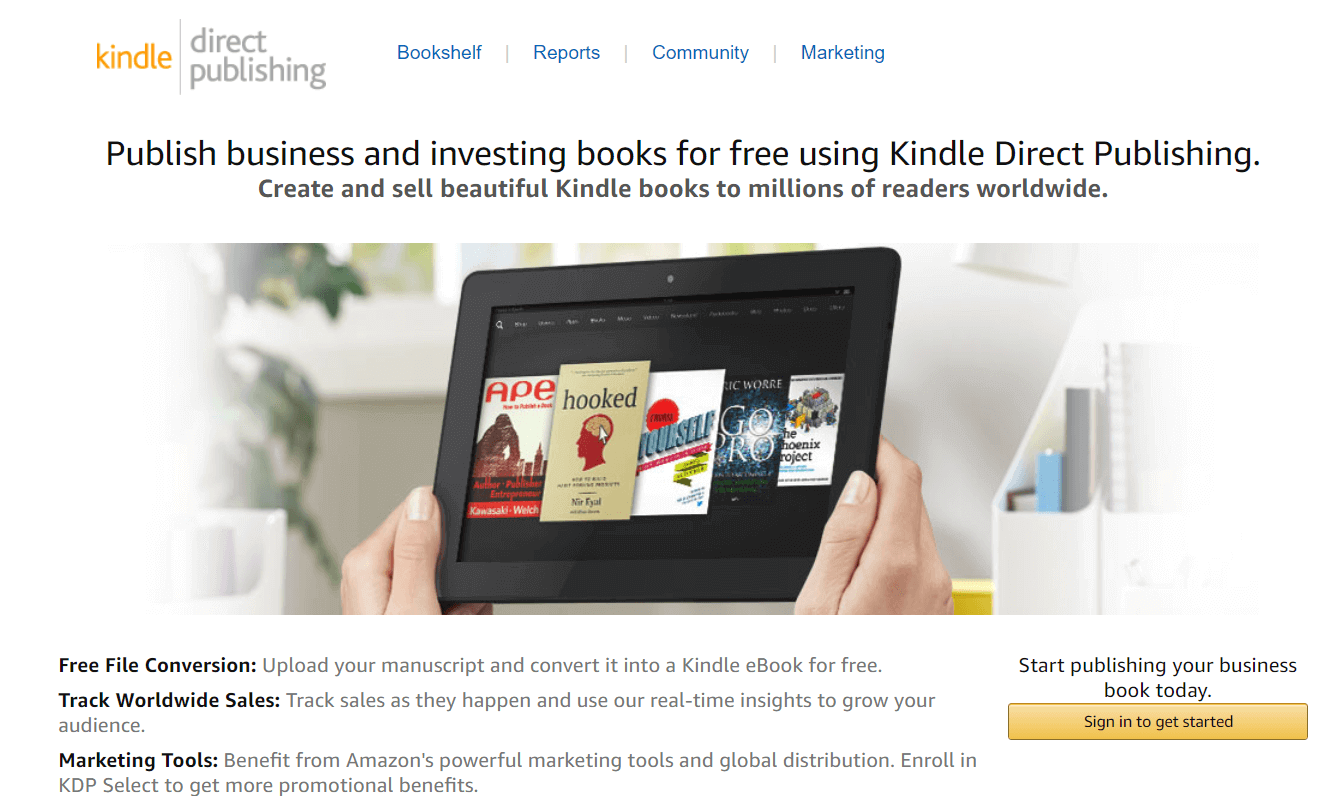
source: Kindle direct publishing
17. Sell checklists and templates
These can be literally anything. For example, resume templates, a perfect Instagram story checklist, content calendar, Instagram engagement growth checklists, etc.

source: inspirationfeed
18. Create digital or physical products
You probably remember Kyle Jenner’s face on all store windows in your city. Just like she creates cosmetics, you can create your products too. Of course, if you have a strong personal brand.
If you don’t want to come through all the complicated steps with physical item production, consider creating digital products. It is much easier and can bring you money at all times, even when you sleep.
Alternatively, you can use a print-on-demand service to create and sell branded products like T-shirts, hoodies, and phone cases. They handle production, packaging, and shipping, letting you focus on design and marketing without managing inventory or logistics.
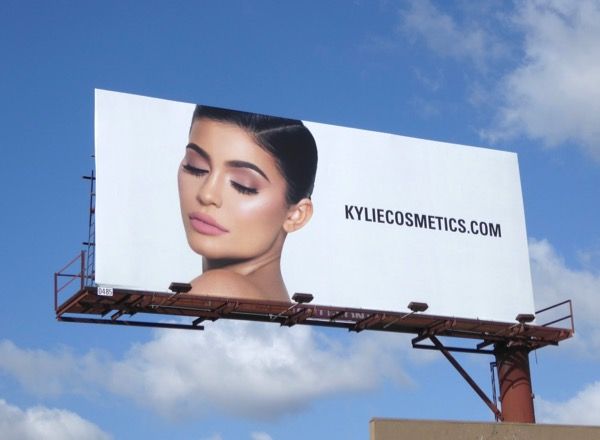
source: Pinterest
19. Be an affiliate
The amount of companies spend on affiliate marketing continues to grow day by day. So, this is a great model to experiment with. How does it work?
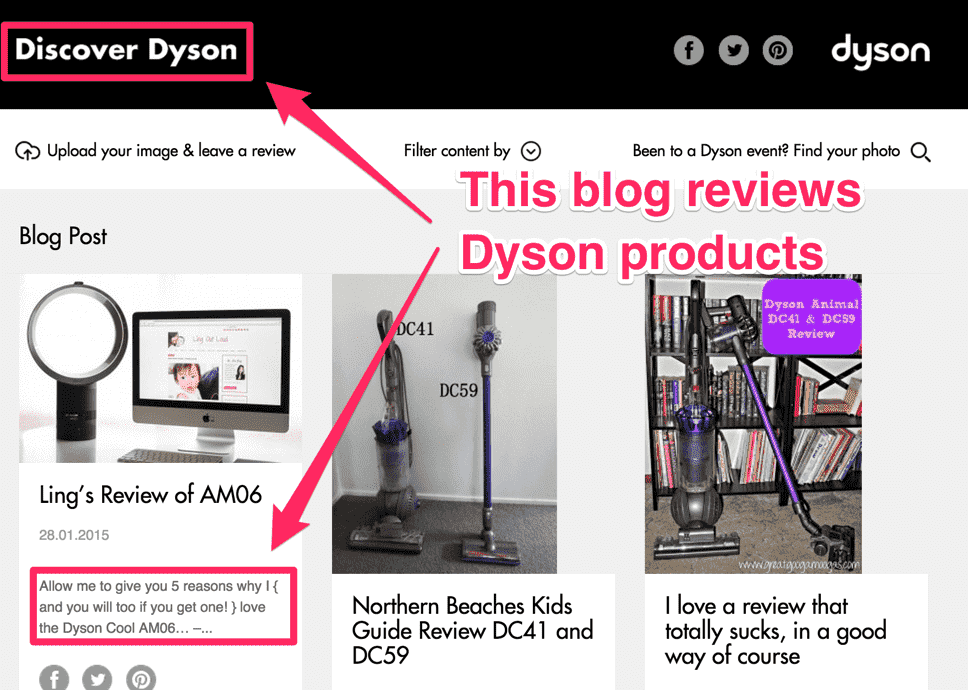
Let’s say you are a vegan blogger and share your lifestyle in your blog. In your posts, you can include a link to a product you cook with or use for care. Cooperate with brands that offer associate programs. Then, whenever your readers click your link and buy a product, which benefits you described, you will get a commission.
source: Neil Patel
20. Use Google Adsense
If you have a website, absolutely do look into Google Adsense. With their automated algorithm, Google finds ads that would complement your content. When people click on the promotions placed on your website, you get paid.
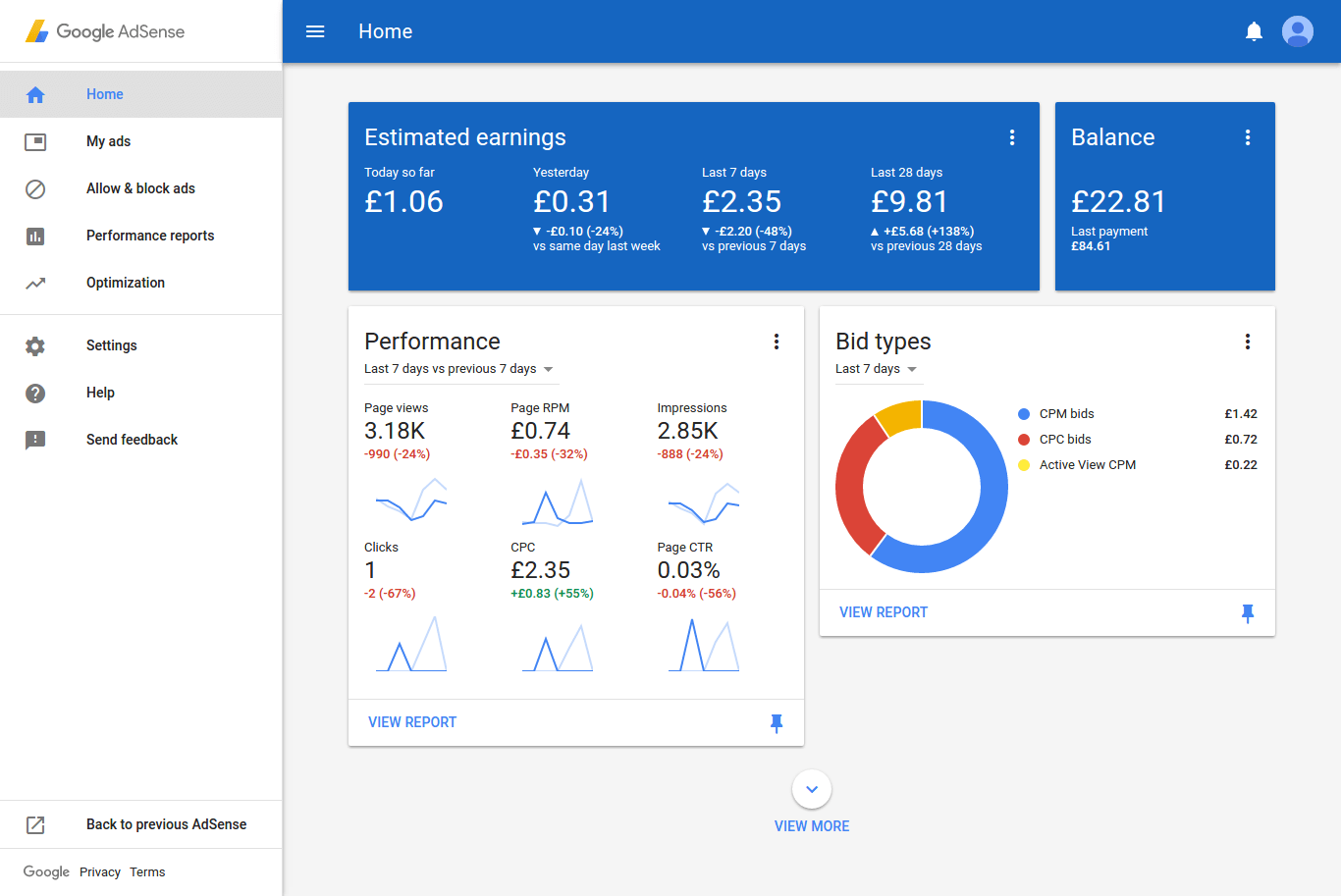
source: Marketingland
21. Create advertising posts on social media
Your most developed social media profile can be a good advertising platform that brings you money. You can cooperate with brands and promote their products on your page. But be sure to advertise only those products that you want to use yourself. Bloggers that cooperate with each and every brand and don't tell the truth to their subscribers quickly lose their authority.
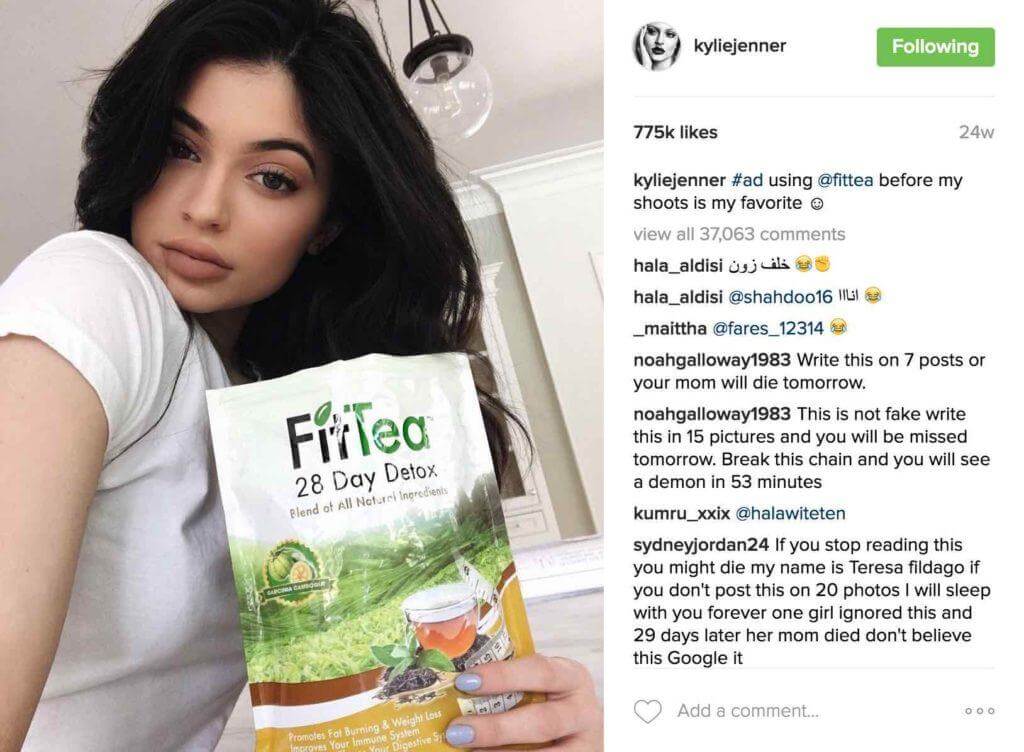
source: Kylie's account
You might also like: “How To Build a Strong Personal Brand on Social Media in 7 Steps.”
Conclusion
If you have ever wanted to monetize your personal brand, then now is the time for you to do so. Regardless of the kind of content you work on, you will always find an audience for you. The only factors to pay attention to are the quality of your content and the right approach to monetization.

